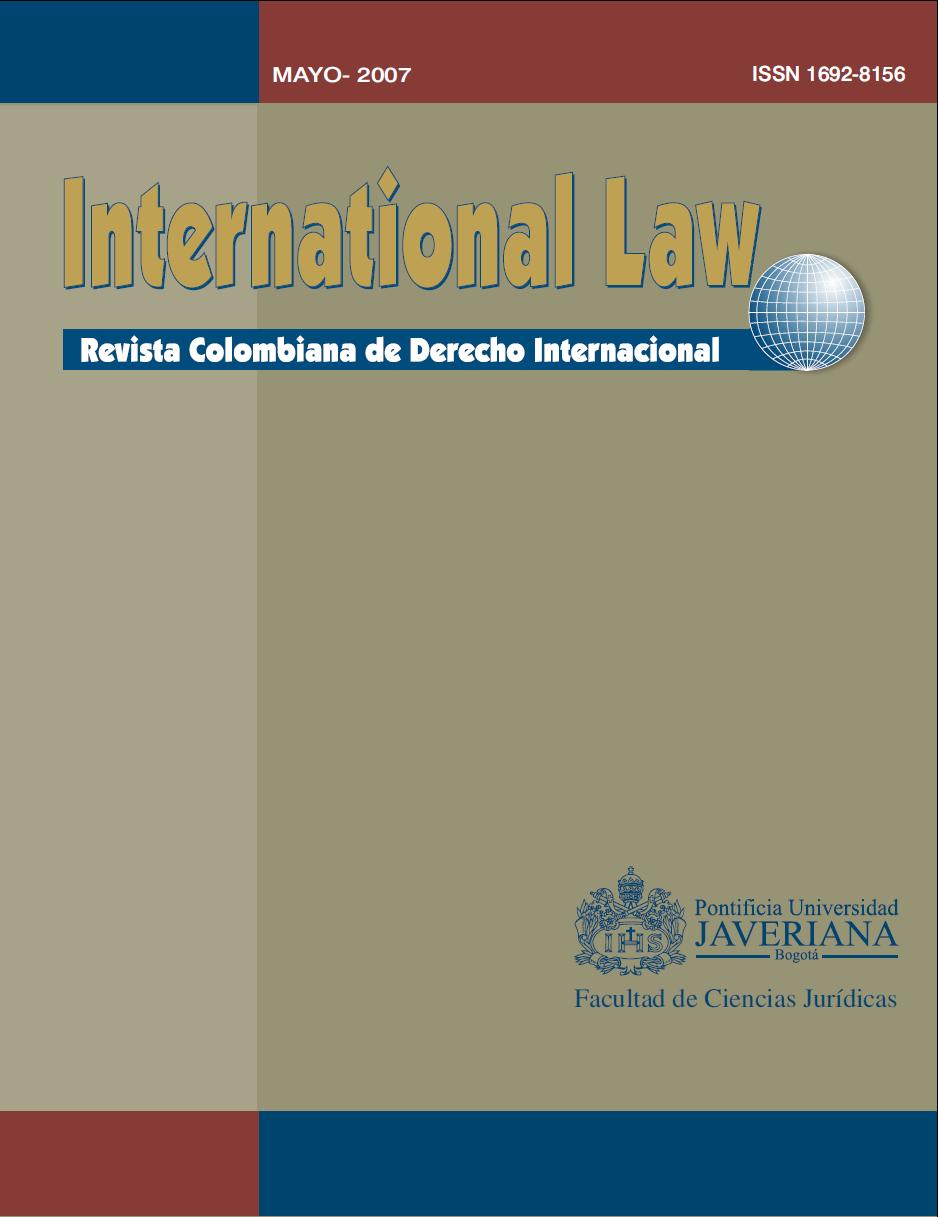Abstract
Indicators are ubiquitous in development policy. Corruption, human trafficking, obstacles to doing business, child mortality and morbidity. There are indicators for all of these social problems. These indicators are not only methods of selecting, evaluating or publicizing development interventions —they are interventions in their own right! Indicators have potential to be constructive interventions in addressing wicked problems of development. Drawing on three case studies and a review of the literature, this report provides a framework for understanding the effects of producing indicators in global governance and transnational contexts relevant to development, drawing attention o some pitfalls and perverse effects that can easily result from producing and using indicators without realizing that they are themselves interventions, or without sufficiently far-reaching thought and consultations.
This journal is registered under a Creative Commons Attribution 4.0 International Public License. Thus, this work may be reproduced, distributed, and publicly shared in digital format, as long as the names of the authors and Pontificia Universidad Javeriana are acknowledged. Others are allowed to quote, adapt, transform, auto-archive, republish, and create based on this material, for any purpose (even commercial ones), provided the authorship is duly acknowledged, a link to the original work is provided, and it is specified if changes have been made. Pontificia Universidad Javeriana does not hold the rights of published works and the authors are solely responsible for the contents of their works; they keep the moral, intellectual, privacy, and publicity rights.
Approving the intervention of the work (review, copy-editing, translation, layout) and the following outreach, are granted through an use license and not through an assignment of rights. This means the journal and Pontificia Universidad Javeriana cannot be held responsible for any ethical malpractice by the authors. As a consequence of the protection granted by the use license, the journal is not required to publish recantations or modify information already published, unless the errata stems from the editorial management process. Publishing contents in this journal does not generate royalties for contributors.


